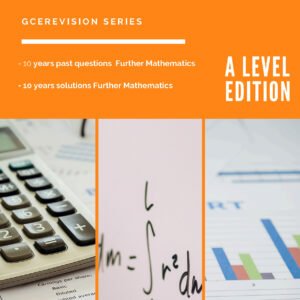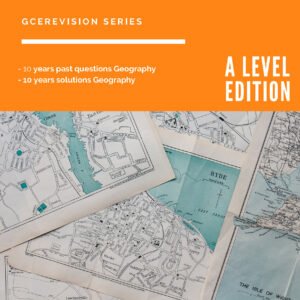Reasoning: this is the process by which the conclusion is drawn from a set of premises.
TYPES OF REASONING
There are three types of reasoning namely inductive reasoning, deductive reasoning, and analogical reasoning.
- Deductive reasoning:
This is a method of reasoning that proceeds from general principles to particular cases.
- Inductive reasoning:
This is method of reasoning in which we reason from particular cases to general conclusions. In this reasoning, what is true or false of a member, is also true or false of the whole of a class.
- Analogical reasoning:
This is a method of reasoning in which we reason from particular cases to particular cases to particular events based on resemblance or likeness.
THE LAWS OF THOUGHT
The laws of thought are divided into three, namely: the principle of identity, the principle of excluded middle, and the principle of contradiction.
- The principle of identity: this is a principle that states that a thing is a thing and nothing else.
- The principle of contradiction: this is a principle that states that a thing cannot be what it is and what it is not at the same time.
- The principle of excluded middle: this is a principle which states that a thing is either what it is or what it is not.
THE RATIONAL PRINCIPLE OF DEDUCTION
They consist of the principles of causality, the principle of sufficient reason and finality.
- The principle of causality: this is a principles which states that everything must have cause
- The principle of sufficient reasoning: it states that nothing can be without there being a reason for it being be so.
- The principle of finality: it states that every agents act for an end or a purpose.
OPERATIONS OF THE MIND
Logic deals with thinking and thinking takes place in the mind. It is therefore important to know that the mind operates. The operations of the mind are certain basic activities of the mind. There are basically three operations of the mind.
- Simple apprehension: this is the first fundamental activity of the mind that consists of the formation of ideas by looking at the object without saying anything about the object
- Judging: this is an act of the intellect by which one affirms or denies the predicate of a certain subject. By this intellectual activity, the mind compares two ideas pointing out the similarities and differences.
- Reasoning: this is the process by which the conclusion is drawn from a set of premises.









